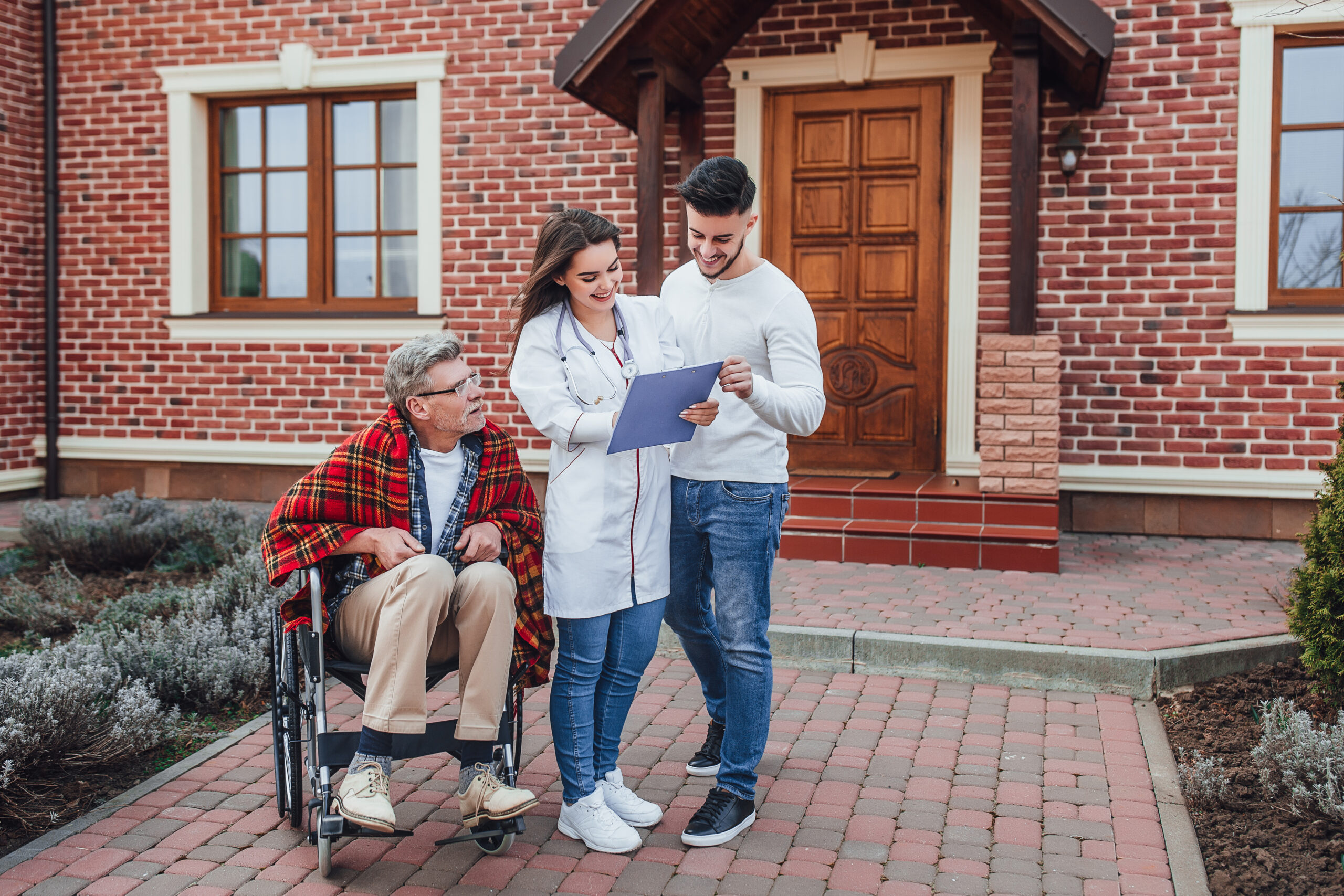
The National Disability Insurance Scheme (NDIS) in Australia plays a crucial role in supporting individuals with disabilities, ensuring they have access to necessary services that enhance their quality of life. Two essential components of the NDIS framework are STA Accommodation NDIS and Positive Behavioural Support (PBS). STA provides temporary accommodation solutions for individuals with disabilities, offering respite for families and opportunities for participants to engage in new experiences. PBS, on the other hand, is an evidence-based approach aimed at improving behavioural outcomes and enhancing independence. Together, these services contribute significantly to the well-being and development of NDIS participants.
Understanding STA Accommodation Under NDIS
1. What is STA Accommodation Under NDIS?
Short-Term Accommodation (STA) is a funding category under the NDIS designed to support individuals who require temporary housing solutions. It can be used for various purposes, including respite care, skill-building opportunities, and emergency housing. STA accommodation allows participants to experience different environments while receiving necessary care and support.
2. Benefits of STA Accommodation
STA accommodation provides several key benefits for NDIS participants and their caregivers:
-
Respite for Families and Carers: STA offers short-term relief for families and carers, allowing them to rest and recharge while ensuring their loved ones receive proper care.
-
Skill Development and Social Inclusion: Many STA programs are designed to promote independent living skills and encourage social engagement with peers.
-
Emergency and Transitional Support: STA can be a crucial resource for individuals transitioning between different living arrangements or requiring urgent accommodation due to unforeseen circumstances.
3. Who Can Access STA Accommodation Under NDIS?
NDIS participants eligible for STA accommodation are those whose care plans include short-term support needs. This may include individuals who:
-
Require temporary respite due to caregiver unavailability.
-
Are transitioning into independent living or supported accommodation.
-
Need temporary care due to medical or behavioral conditions.
The Role of Positive Behavioural Support (PBS) in Disability Care
1. What is Positive Behavioural Support?
Positive Behavioural Support (PBS) is a proactive and person-centered approach aimed at improving the quality of life of individuals with disabilities by addressing challenging behaviours. PBS is grounded in the principles of understanding behaviour, implementing tailored interventions, and fostering long-term positive change.
2. Key Components of PBS
PBS incorporates several evidence-based strategies to support individuals effectively:
-
Functional Behaviour Assessments (FBA): Identifying the root causes of challenging behaviours and determining triggers.
-
Individualised Behaviour Support Plans (BSPs): Developing customized plans to address behavioural challenges while promoting positive alternatives.
-
Skill-Building and Communication Strategies: Encouraging the development of new skills to replace negative behaviours with constructive actions.
3. Benefits of Positive Behavioural Support
PBS is widely recognized for its effectiveness in enhancing the lives of NDIS participants by:
-
Reducing Challenging Behaviours: Through tailored interventions, PBS helps in decreasing behaviours that may hinder personal growth and social inclusion.
-
Enhancing Independence: Teaching adaptive skills and coping mechanisms allows individuals to become more self-sufficient.
-
Improving Relationships: Encouraging positive interactions with caregivers, family, and peers fosters a more inclusive and supportive environment.
How STA Accommodation and Positive Behavioural Support Work Together
1. Providing a Safe and Structured Environment
STA accommodation facilities that incorporate PBS principles ensure that participants receive consistent and structured care. This helps in reducing anxiety, preventing behavioural issues, and promoting positive routines.
2. Encouraging Independence Through Learning
Many STA accommodations focus on skill-building activities such as cooking, personal hygiene, and social interactions. With the support of PBS, participants are guided through structured programs to develop these essential life skills.
3. Tailored Behavioural Support Plans in STA Settings
For individuals with behavioural challenges, STA providers can implement individualized behavioural support plans (BSPs) that align with the participant’s goals. This may include:
-
Structured daily routines to promote stability.
-
Social skill training to improve peer interactions.
-
Therapeutic interventions to manage stress and anxiety.
4. Ensuring a Smooth Transition Back Home
One of the primary objectives of STA and PBS working together is to ensure that the benefits of short-term stays translate into long-term progress. Participants return home equipped with new skills and coping strategies, making day-to-day life more manageable for both themselves and their families.
Choosing the Right STA Accommodation with Positive Behavioural Support
1. Factors to Consider When Selecting STA Accommodation
When looking for STA accommodation under NDIS, it is important to consider the following factors:
-
Qualified Support Staff: Ensure the facility has experienced caregivers trained in PBS principles.
-
Tailored Programs: Look for accommodations that offer individualized support plans to meet specific needs.
-
Safety and Accessibility: The facility should be designed to accommodate various disabilities while ensuring a safe and comfortable environment.
2. The Role of Support Coordinators
NDIS participants can work with support coordinators to identify the best STA options that incorporate PBS strategies. Support coordinators assist in:
-
Finding suitable accommodation providers.
-
Developing behaviour support plans in collaboration with therapists.
-
Ensuring funding allocation aligns with the participant’s NDIS plan.
Conclusion
STA accommodation under NDIS and Positive Behavioural Support are two essential components that significantly enhance the lives of individuals with disabilities. While STA provides a structured and supportive environment for short-term care, PBS ensures that individuals develop positive behavioural patterns that improve their independence and social integration. By utilizing these services together, NDIS participants can experience a higher quality of life, increased self-reliance, and improved well-being. As awareness and access to these services continue to grow, the impact on individuals and their families will be profound, fostering a more inclusive and supportive community for people with disabilities.